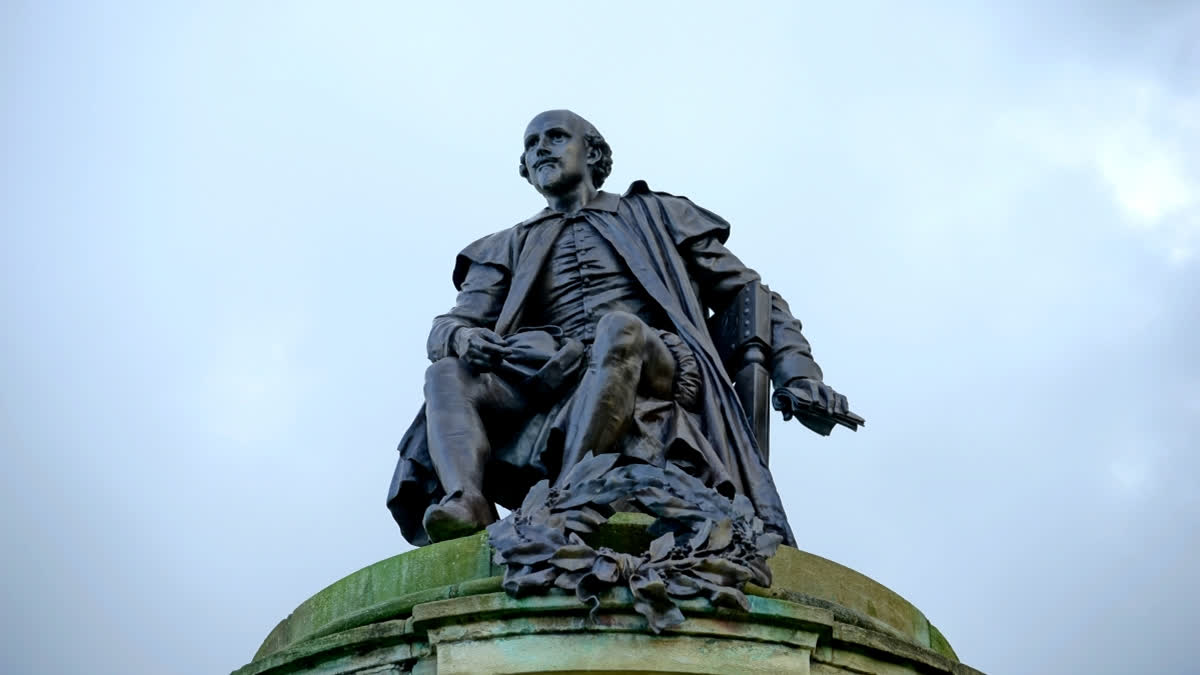Huddersfield (England): Climate change, urban sprawl, air pollution, deforestation, depleted fish stocks, biodiversity and species loss: these are not exclusively modern problems that only sprang up in the last few hundred years. In fact, the common but misleading phrase industrial revolution masks the long history of resource extraction and ecological degradation in the British Isles stretching back at least to the arrival of the tin-hungry Romans.
Renaissance England was reeling from the effects of all these problems. Often hailed as the golden age of English literature, the Renaissance was also the apex of the little ice age, in which a cooler climate produced poorer harvests. These food shortages were especially difficult because England's human population surged fourfold in the 16th century, while the enclosure of common lands forced more country-dwellers to flock to London. Given how heavily these environmental concerns weighed on a society coping with chronic scarcity, it should come as no surprise that we can find traces of them in the works of England's greatest playwright.
King and countryside:When King James became his patron in 1603, Shakespeare was tasked with writing plays to entertain a keen outdoorsman and hunter who was as much preoccupied with the material state of the British countryside as with matters of state. No wonder, then, the Shakespearean stage encompasses a remarkable variety of landscapes and features an abundance of animal imagery to rival the royal menagerie basically King James's private zoo and compensate for England's dwindling numbers of wild game.
It would, of course, be an anachronism to dub Shakespeare an environmentalist. But he was acutely aware of what we would term the environmental issues of his era. In particular, the plays Shakespeare composed during the reign of James frequently intervene in environmental policy disputes at the Stuart court about how best to carve up the natural riches of the realm.
Macbeth's famous depiction of the blasted heath reflects the increasingly negative views of this terrain as a sterile abode of witches and Romani people that should be transformed into private farmland. Although James dreaded witches, he and parliament sought to protect heathland as a habitat for game animals and birds. He would have relished Shakespeare's comparing Macbeth to a poacher and a kite, a species then classified as vermin. Macbeth's killing of Duncan and Macduff's (pronounced Macdove) family simulates illegal net-hunting, nest-robbing, and the raiding of estate buildings known as dovecotes, which housed pigeons and doves for food and feathers.
Enduring environmental issues:In Pericles, Shakespeare wades into pan-European squabbles about fishing rights amid a crash in North Sea fishing stocks. Its conclusion mirrors James' plan to end the herring wars (the ongoing feud between England and its coastal neighbours over territorial control of fishing areas) by forging dynastic alliances through the marriage of his heirs.
Also read:90% of India in danger zone due to heatwaves: Cambridge Study
